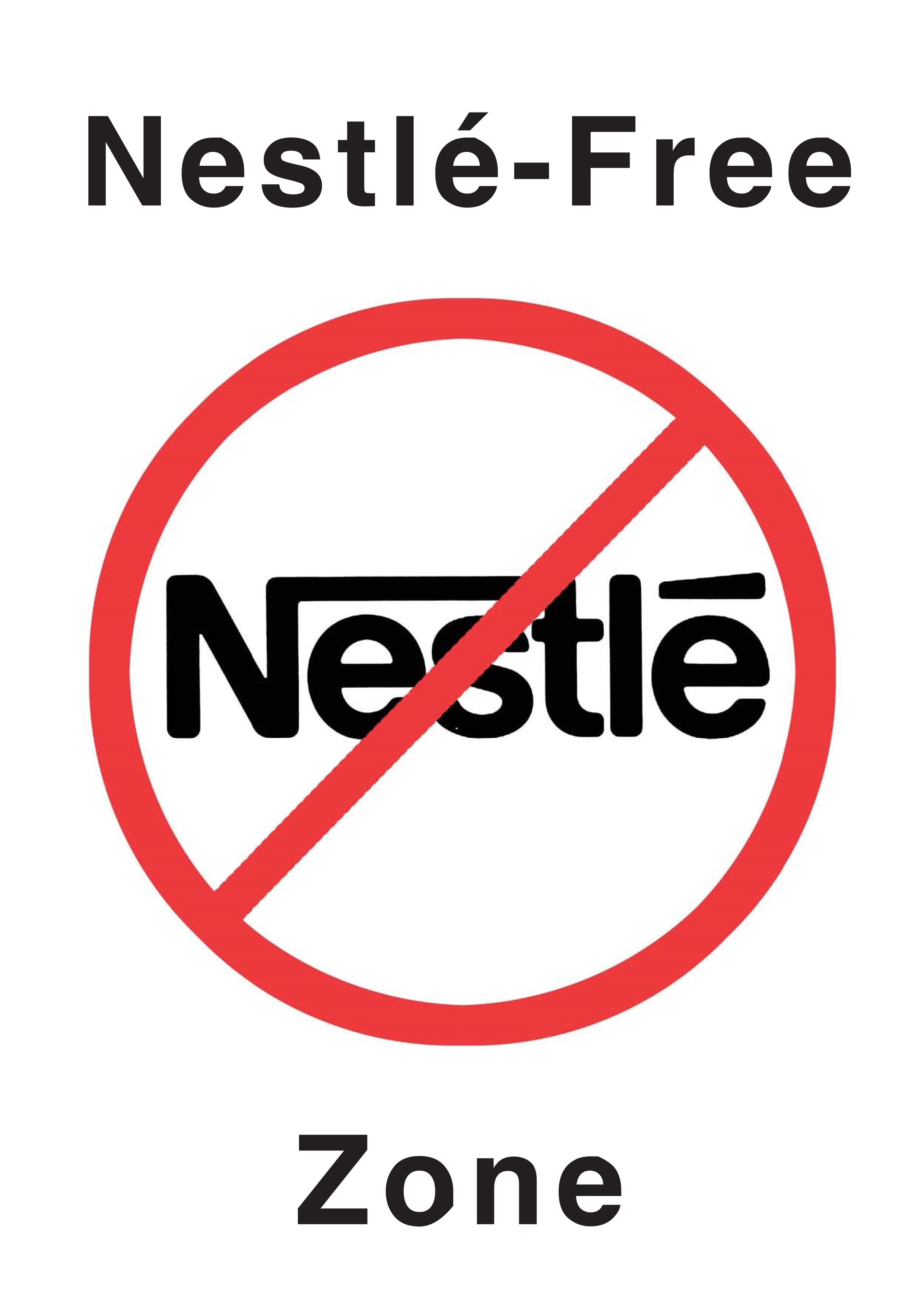Is the legal framework by itself enough for successful WHO code implementation? A case study from Ethiopia
Laillou A, Gerba H, Zelalem M, Moges D, Abera W, Chuko T, Getahun B, Kahsay H, Chitekwe S. Matern Child Nutr. 2020 Aug 25:e13059.
Abstract
Since 2016, Ethiopia has passed several proclamations and directives to regulate the promotion of commercial breastmilk substitute (BMS). Ethiopia's market potential will undoubtedly be the gravitating point for international infant formula companies due to growing urbanization, purchasing power, population, and the relatively low use of BMS to‐date. The aim of this review is to assess the strengths and weaknesses of the existing laws, standards, and monitoring documents used to regulate the marketing of BMSs in Ethiopia and make future recommendations. The study findings highlighted that the regulation on marketing are comprehensive and strong to limit the promotion of infant formula. On the other hand, the regulation on marketing of follow‐up formulas, complementary foods, and growing‐up milk by manufacturers and distributors, media houses, and communication and advertisement agencies are underregulated, especially with regards to the international 69.9 regulation. The monitoring and enforcement of the existing marketing regulations remain limited in the absence of a formal coordination mechanism. Several violations of the national BMS regulations were observed. Forty‐one percent of mothers reported observing the BMS advertising and logos were detected in 36% of health facilities assessed. In 100% of cases, the infant formula labels contained violations. As the lead national authority mandated to regulate food safety, the Ethiopian Food and Drug Authority needs to update its regulations related to the marketing of BMS to fill the loopholes and revise the national law in line with the international code of marketing of BMSs to protect breastfeeding.
A teljes cikk a Maternal & Child Nutrition folyóirat oldalán olvasható.

